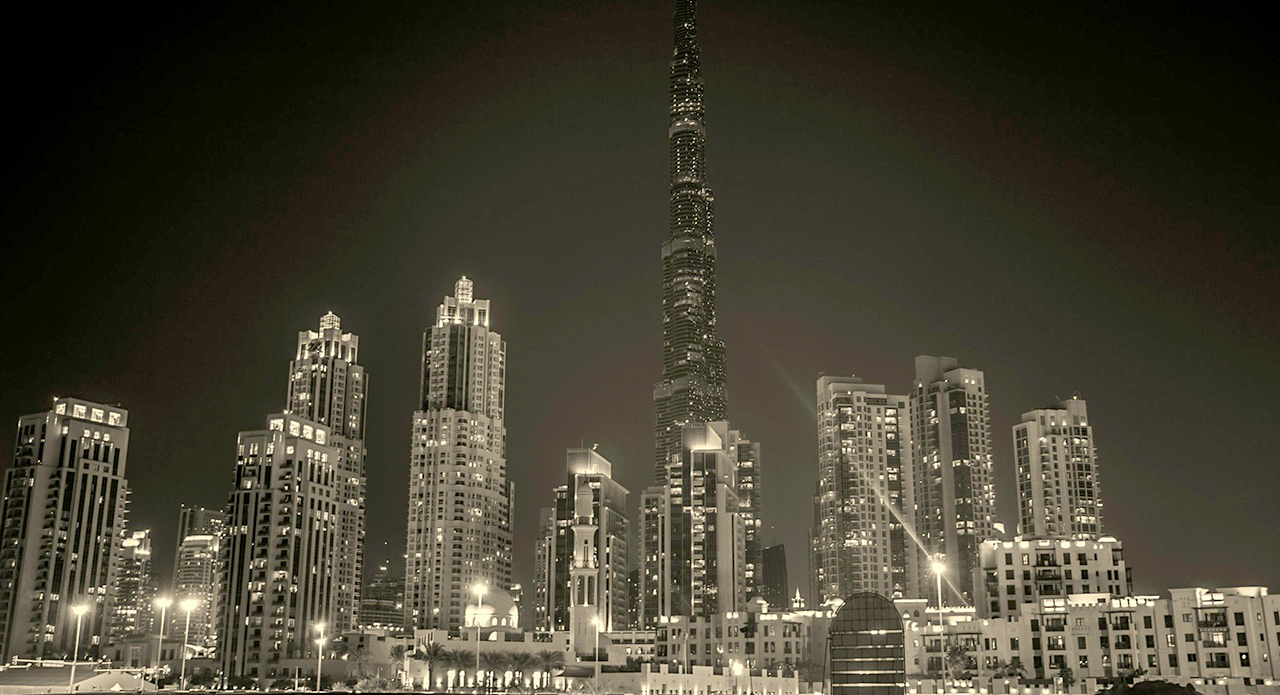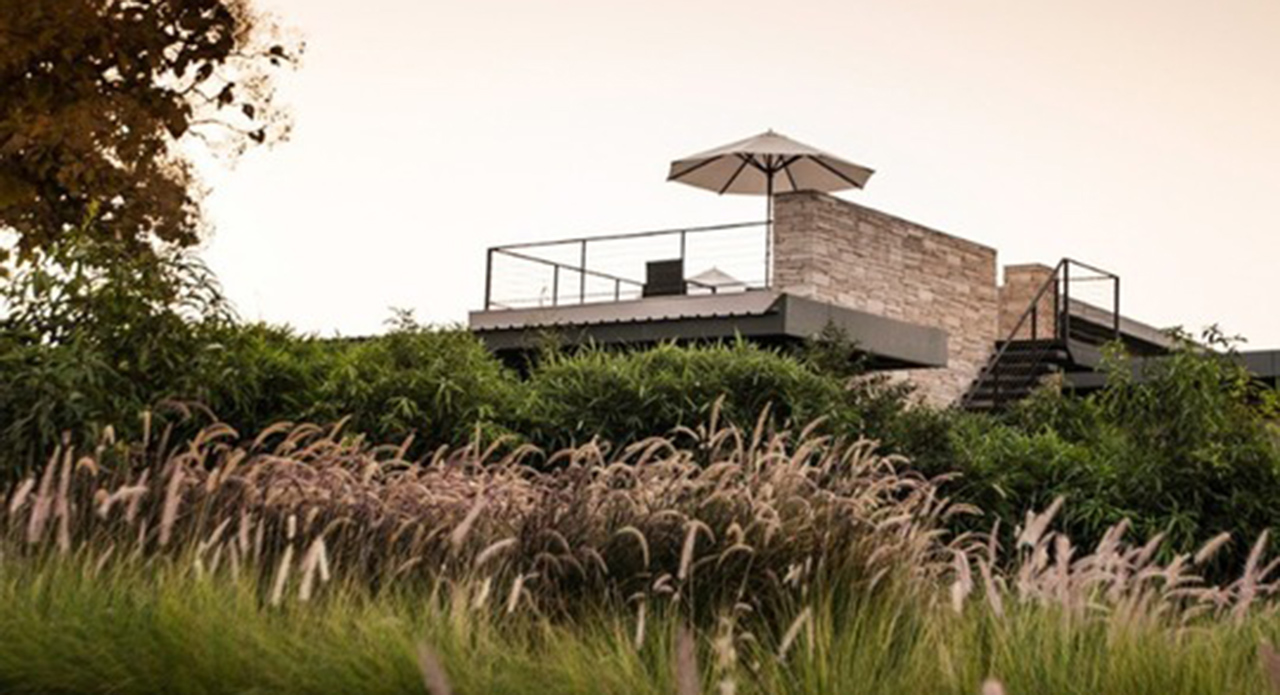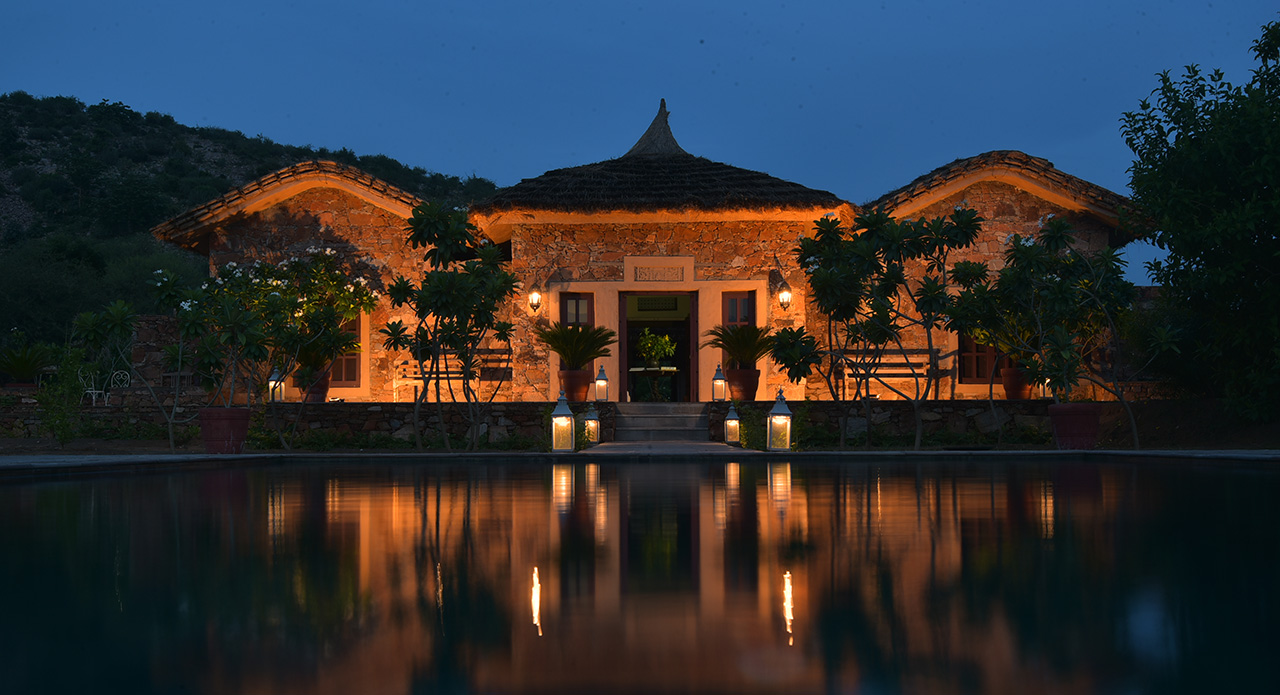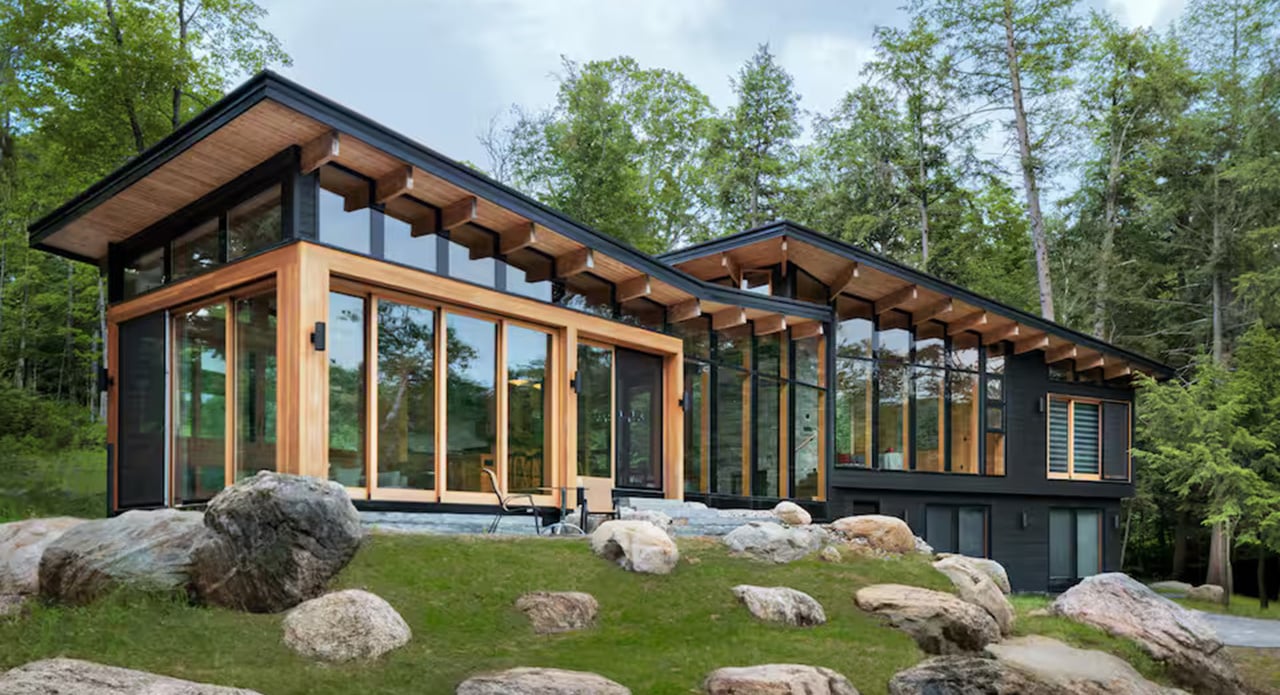It is a tough task to stick to your guns in a fickle business such as bars and restaurants, but perseverance pays. Ask Yangdup Lama, bartender and co-founder of award-winning Delhi bar, Sidecar. For over 25 years he has let his passion for the bar dictate every business and professional decision. It has paid off. Lama has been awarded the Roku Industry Icon 2024 accolade at Asia’s 50 Best Bars this year.

A soft-spoken gentleman from Kurseong, Lama always has a twinkle in his eyes, and a smile on his lips and is always hardworking. He is not new to awards. He was the first Indian to be named in Drinks International’s Bar World 100 list of most influential people in 2020. He has also been instrumental in Sidecar being ranked as India’s best bar numerous times by Asia’s 50 Best Bars since its opening in 2018.
We spoke to him after he received the Roku Industry Icon 2024 award in Hong Kong. He understands the weight of the award, as an industry thought leader and mentor to many young Indian bartenders, as he recalls the moment being both humbling and joyous. “I was immensely happy for the first 24 hours not because of the award but the number of messages I got from bartenders, especially from the young bartenders who’ve just started, from across India and also outside of India, that has given me immense happiness, immense satisfaction and a strong sense of accomplishment,” he says filled with pride and emotion. The award is an inspiration to up-and-coming bartenders instilling the belief that if you dream big and keep honing skills a bright future is inevitable. It’s not just being a good bartender but the potential to become a future bar owner,” he adds.
He looks back at himself in his early bartending days when he was in awe of international bartenders aspiring to be in their shoes. “All the hard work is now getting recognised and people are appreciating the work that you’re doing,” he continues. Even the bartending community has grown within the country and internationally. It has been a slow and steady progress, he notes. “It’s only the last 20 years that the whole cocktail culture has taken a major leap; otherwise, it used to be centred around cities like New York and London, and a little bit in Japan.”
Yangdup Lama’s bartending journey began during his stint at Hyatt Regency Delhi right out of hotel management school. The craft, skill, and engagement opportunities of bartending enthralled him and that set the course of his career. He eventually opened a beverage programme consultancy and bartending school, Cocktails & Dreams. It was his passion for no-nonsense yet creative cocktails that led to the opening of Sidecar which steadily reached a cult status in India’s cocktail scene.
Best Time For A Cocktail
But there is no better time to be a cocktail lover in India than now. From being nowhere, Indian bars are counted as some of the world’s best. The food and beverage business is in high demand which is supplemented with an evolved consumer. “Every stakeholder, including the consumer, has played an important role in this progress,” Lama states. From a time when people didn’t talk properly to bartenders, the mindset has shifted towards engaged conversation over the years. “It is a wonderful change because it takes the whole guest experience to a new level and more than anything else, it also gives recognition to the whole industry,” he believes.
As far as the craft of cocktails is concerned, from the proverbial ‘aping the west’ to pride in local heritage and ingredients. In addition, cocktail programmes have become a staple for most restaurants. “They also want to make sure that while they have great food, they also want to make sure that the drinks are taken care of and the bar is well managed. And of course, at the end of the day, drinks do contribute a lot to an eatery’s revenue,” Lama explains. He looks at the entire beverage and bar business as asset building not just monetary but also human capital.
View this post on Instagram
Mature Understanding Of Flavours
Lama offers a segue into cocktail trends where indigenous ingredients are the flavour of the season. He is known for his delicate and refined cocktails using exotic Darjeeling tea and finding inspiration in his roots such as Apong, a northeastern millet wine. It is easy to go overboard with strong flavours, he acknowledges, especially when you try to innovate and go local. “There needs to be a sense of maturity. While you might take inspiration from good local flavours, the important thing is to not use it for the sake of it. It is about understanding what the ingredient and flavour stands for, and most importantly, how you’re mixing that in your cocktail.” If not, it is taking an existing recipe and experimenting without a purpose. “I cannot translate everything that is local straightaway. I cannot translate a butter chicken into a straightforward cocktail,” Lama continues.

A guest today also understands the reason for a cocktail to exist. He speaks of chatpata cocktails that are as desi as it gets—“There’s a little bit of everything in that drink. One of the key flavours in chatpata is chilli, but the balance of heat and pungency is the crucial point. What you need to keep in mind is the first sip of a chatpata cocktail is full-bodied which has a wow effect on a guest. But by the third sip, it will be too intense for the same drinker.” The first sip to the last sip of a cocktail needs to be meticulously thought through to offer a consistent pleasant experience. It is something that only comes with time, practice and experience.
Do The ‘Lists’ Really Matter?
Speaking of making the rankings, lists and other similar accolades, Lama is frank enough to acknowledge that it is a “phase” same as when lounge bars were the secret sauce to success with a loud EDM DJ. A good bar must cater to the guests and they need to keep coming back. “You don’t create a bar to be in Asia’s 50 Best Bars list. You create a bar or a restaurant to make people happy,” he says.
He looks back at the beginnings of his award-winning bar, Sidecar, and strongly believes that those early day achievements were purely because his guests loved what was on offer and spread the word. “In 2020, when we made it to Asia’s 50 Best Bars list, it came as the biggest surprise, because there was no representation from India before that. I think it was a lot of people who did travel to India, came and saw us and what we were trying to achieve here. That news and that’s how we got into the list,” Lama reminisces.
He also acknowledges that he too got caught up in the hype and frenzy of the accolades and achievements so much so that it felt the focus at Sidecar had shifted and a realignment was the need of the hour. “The focus moved from taking care of our bar to being on the list all the time. But we realised it because of the feedback from our guests, who directly message us rather than write online reviews,” he says. This was partially a result of the senior bar team constantly travelling for guest shifts and takeovers all over the world leaving the home base empty. “We’re clear, since the last six months, we only try to do one incoming guest shift and one outgoing guest shift effectively bringing down the travel days for the team to once a month.”

At the same time, one cannot disregard the incentive awards offered to young bartenders. The importance of skilled bartenders and hospitality professionals cannot be overstated. “The amount today’s young bartenders travel was unheard of even till three years ago,” Lama exclaims. Bartending is now a profession of preference and not just another job. They’re young, enthusiastic and hungry to learn and experience more. “We have six main bartenders at Sidecar and all of them have been to at least three countries in the course of the last three years. They’ve met other bartenders, they’ve tended other bars and they have matured,” Lama takes pride. These recognitions mean more to the bartenders than to the bar owners.
As our conversation concludes, Lama reiterates the need for maturity in how the Indian cocktail culture is growing. “As we progress, as we move on, we will learn and I think we will keep improving and getting better,” he is optimistic.







